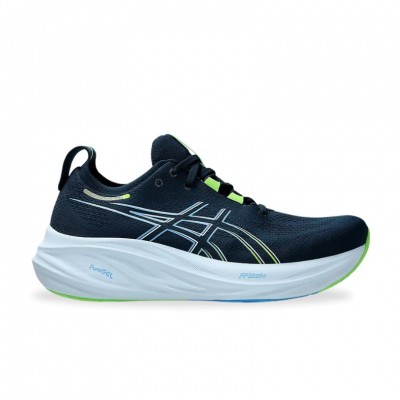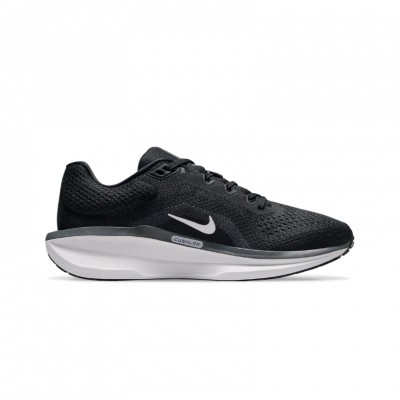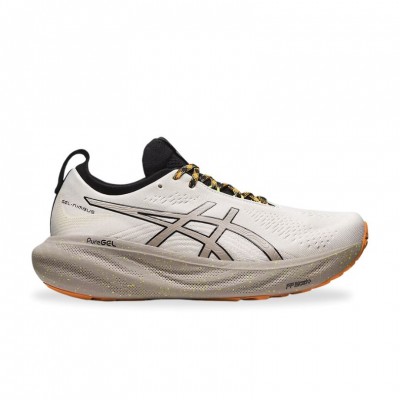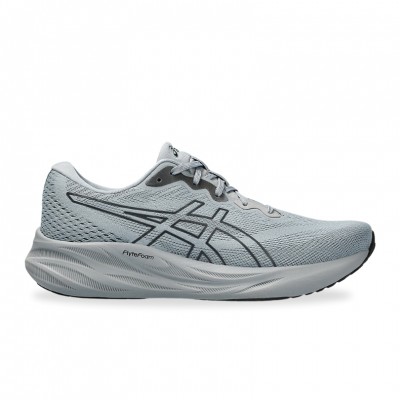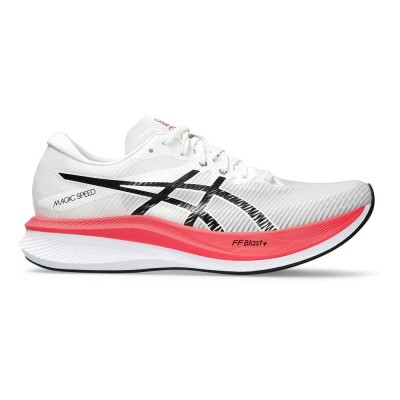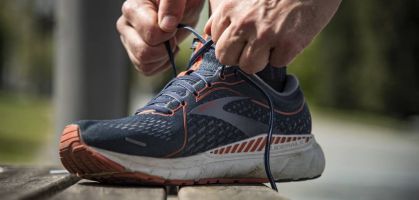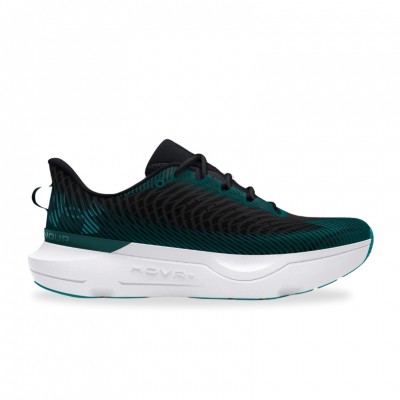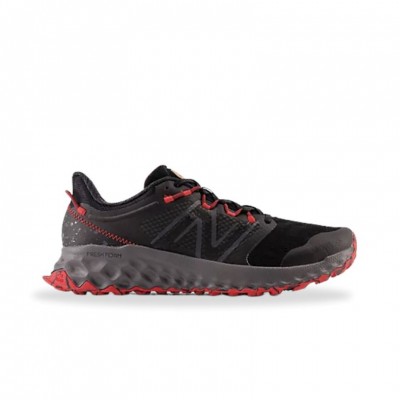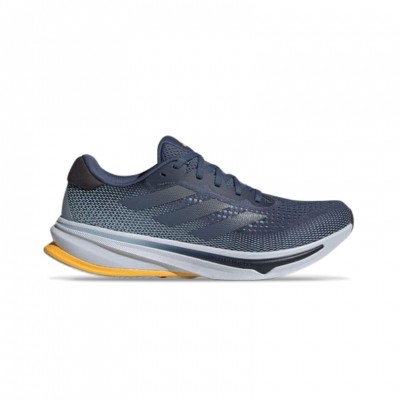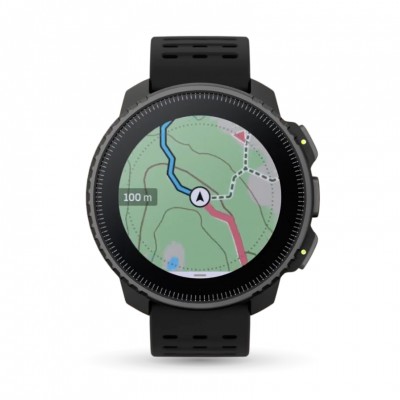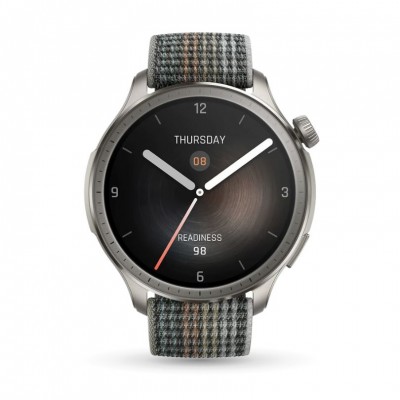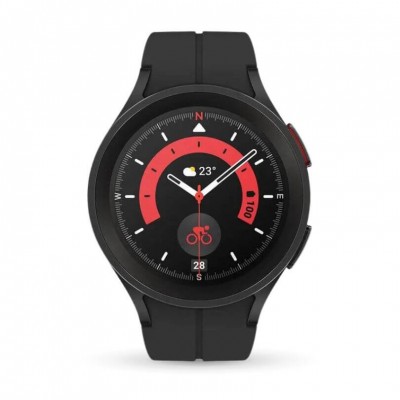Training is a commitment to ourselves, but sometimes it is true that we cannot fulfill it. Whether it is because of health, work, domestic problems, children... And that's when some of us feel a kind of guilt. A certain anxiety for not being able to put on our running shoes and fulfill our training. It has a name: the athlete's guilt Has it happened to you too? You see, you're not the only one. Many runners and popular athletes feel remorse for not training enough or for missing a scheduled workout, and that can affect our mental and emotional well-being. Let's try to analyze this phenomenon, which is much more common than you might think, and give you some tips on how to deal with it.

What is athlete guilt?
Athlete's guilt surge when we feel bad about not fulfilling our training plans. It is that inner voice that tells us that we should have trained more or that we have failed in our goals. The worry of failing oneself or others, such as friends, family or even coaches, is at the root of this feeling.
Sports practice is synonymous with healthy living, wellness and discipline. But it can also become a mental prison if we fall into the nets of the well-known "athlete's guilt". A psychological phenomenon that torments many runners and amateur athletes when they do not comply with their established training plans.
"It's that little voice in your head that keeps telling you that you should have trained harder today, that you have failed in your commitment," describes Gorka Cabañas, product manager of RUNNEA and popular runner. "It's an unpleasant feeling of letting down your own expectations."
The consequences can be devastating, warns Raúl Lozano, trail running coach, ultras runner and captain of the RUNNEA Trail Team. "Athlete guilt generates high levels of stress, anxiety, lack of motivation, frustration and a lower overall enjoyment of physical activity. In extreme cases, it can lead to quitting due to both physical and mental exhaustion."
Not sure which shoe to choose?
In a few simple steps we help you to choose the ideal running shoe for you.
GO TO THE RECOMMENDERWhy do we feel guilty?
But where does this "athlete guilt" really come from? Lionel Nattes is a popular ultramarathoner in asphalt races with more than a decade of experience running ultras around the world, and he offers valuable insight:
"I think it's largely a reflection of the ironclad commitment mentality that many of us athletes have toward the sport," Nattes analyzes. "We take our training almost as a sacred obligation, with no room for failure or unscheduled breaks." "That mental rigidity clashes with the reality that we are human beings, not machines," continues the French runner. "Our bodies and minds need breaks, disconnections and flexibility in order to perform at our best. But instead of accepting this naturally, we tend to punish ourselves with regrets and guilt."

You know, social media doesn't always show reality.
Social pressure is amplified by networks which is another key factor according to a 2020 study in Psychology of Sport and Exercise. This research showed that athletes who frequently compare themselves to others on social networks experience higher levels of guilt, anxiety and decreased self-esteem when they fail to meet their programmed goals.
"Instagram, Facebook or Tik Tok bombard us with completely idealized sports lives that, if we believe them to the letter, end up undermining our motivation," agrees Cabañas. "It's easy to fall into a demotivational spiral if we don't separate reality from the fictitious facade that the networks show."
Learning to manage guilt
Fortunately, experts offer several guidelines to identify and combat that little inner voice that torments us for not meeting our own sporting expectations:
- Relativize and disconnect - "If social networks make you bitter, disconnect them for a while or stop following those toxic profiles that generate anxiety," recommends Cabañas. "Prioritize your mental health over outside noise."
- Realistic goals - "Define goals adjusted to your present level, not to your fantasies of grandeur," advises Raúl Lozano. "Don't undervalue yourself or overexert yourself, sport should be personal".
- Listen to your body - Rest and recovery are as vital as the training itself. "If you need a break, don't ignore it to avoid injury and further wear and tear," insists the trail running coach.
- Enjoy the way - "Focus on savoring the process of constant improvement, not just the end results," notes Cabañas. "Sport should be a pleasure, never a punishment."
- Seek positive support - "Surround yourself with people who celebrate your progress and don't criticize your failures," recommend Lozano and Nattes. "Toxic companies are a drag, everyone goes at their own pace."
Perspective from experience
With more than a decade of amateur running in the world of asphalt ultra-distance running, Lionel Nattes shares some valuable practical advice:
"Establishing a fixed weekly rest day with no regrets is key," advises the French runner. "Our bodies need these breaks to assimilate the training loads. I also practice meditation and relaxation techniques, which help a great deal to manage stress better."
Nattes also insists on the importance of "keeping a realistic training diary, not just focusing on cold data, and setting goals by times or subjective feelings, not just by objective distances."
"It's essential to focus on your own individual progress, not on comparing yourself to other athletes," adds the ultramarathoner. "Designing varied routines that don't become monotonous, and rewarding yourself with small healthy treats when you achieve your challenges also helps to maintain enthusiasm."
There is life beyond sport

Ultimately, experts insist that sport should be understood as just another activity that improves our quality of life, health and overall well-being. "It should never be a burden or a source of frustration," says Lozano.
"Don't forget to enjoy other hobbies besides running to disconnect," recommends Nattes. "The way of the amateur athlete, just like that of the elite athlete, is made by training the head as much as the legs."
That's why it's essential to learn to integrate training in a balanced way with the other responsibilities and facets of life. "We are not machines, we are people with multiple dimensions in addition to sport," Cabañas stresses. "Don't feel sorry for yourselves if one day you can't fulfill your established plan. Tomorrow there will be a new opportunity to make progress, but always with enjoyment and renewed enthusiasm.
Only by accepting the days of rest and the small claudications with naturalness will we be able to continue cultivating our love for the practice of sports. By overcoming the unhealthy guilt of the athlete, it is possible to remain faithful to running without losing the passion.
Read more news about: Running Training




